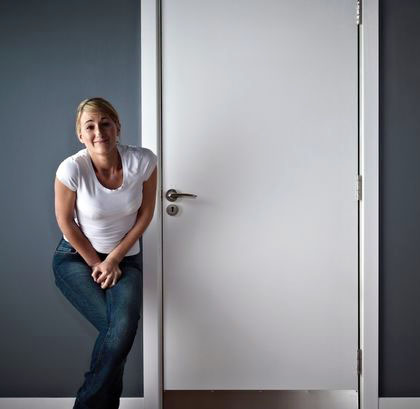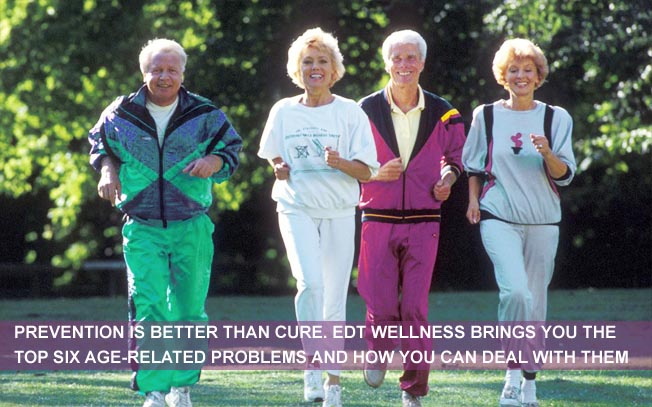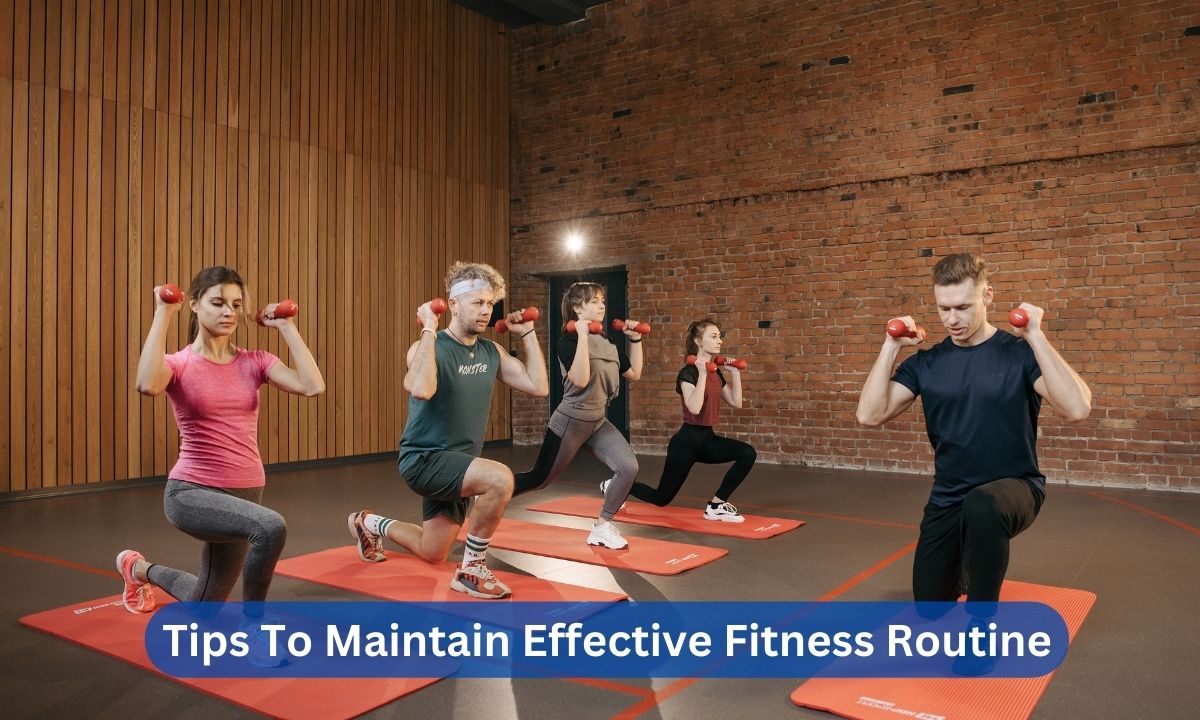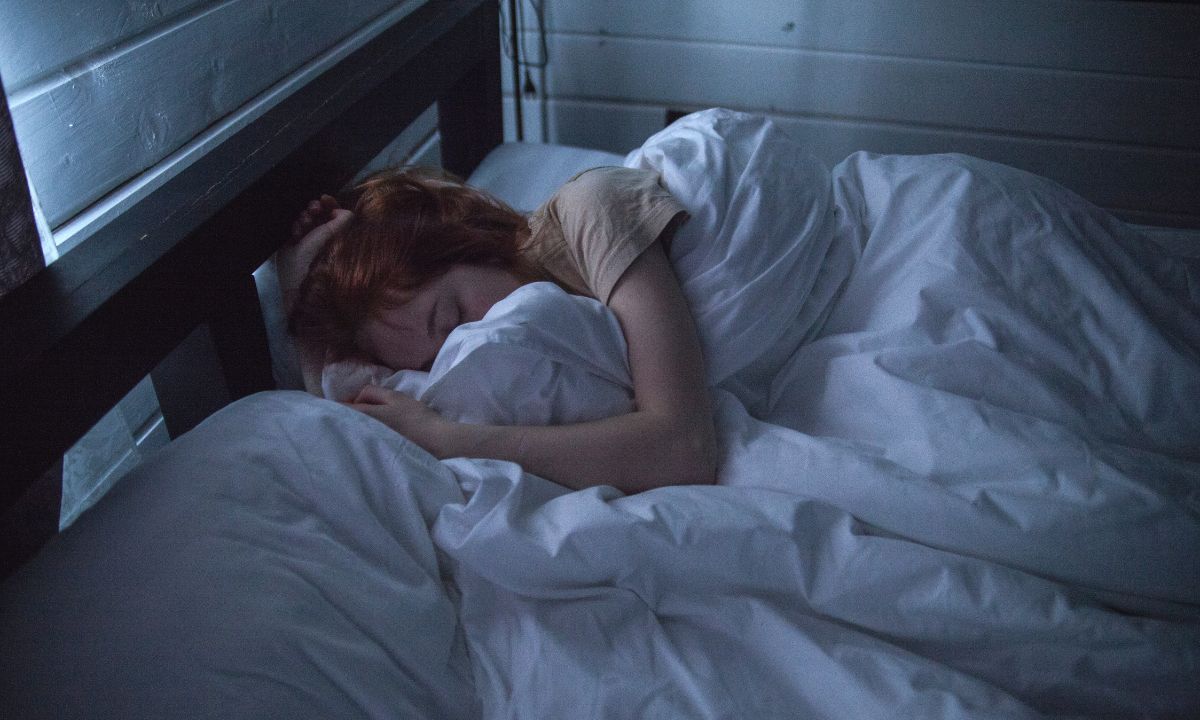PREVENTION IS BETTER THAN CURE. EDT WELLNESS BRINGS YOU THE TOP SIX AGE-RELATED PROBLEMS AND HOW YOU CAN DEAL WITH THEM
WEAK BONES
As you age, your bones degenerate causing spondylosis, fractures, and osteoarthritis.
Expert speak:
Dr Ashish Agarwal, knee and hip replacement surgeon, Bombay Hospital, says, “To avoid bone degeneration practice shoulder scapular mobilisation exercises, resisted neck exercises, postural correction and avoid long hours of sitting in one position. Regular exercise and consuming sufficient vitamin D through a healthy diet and maintaining a healthy weight can help prevent most bone problems.”
HEART AILMENTS
As you age, you are more at a risk of hypertension, heart attacks and heart failure. Also your heart’s pacemaker may slow down due to calcium deposition.
Expert speak:
To prevent heart diseases, it is important to live a healthy life early on, especially post 40 years, and undergo regular medical check-ups. “In order to stay free from heart diseases have a healthy diet to prevent or reduce high blood pressure and cholesterol, lose weight if you are overweight, quit smoking, restrict your salt intake, reduce stress and exercise regularly,” says Dr Hasmuk Ravat, interventional cardiologist.
VISION LOSS
There are many problems that affect your vision as you grow older, like the need for reading glasses, cataract, glaucoma, age related macular degeneration (ARMD) and diabetic retinopathy.
Expert speak:
“Visiting your eye specialist regularly is a must to catch any early symptoms. Any change in vision can be easily corrected through numbered glasses. For cataract, depending upon the opacity of the lens, your doctor will advise surgery. Glaucoma and ARMD can be controlled through medication, while surgery is used as the last resort. If you are diabetic or at a risk of diabetes, keep your sugar levels under control,” says Dr Anagha Heroor, ophthalmologist.
TEETHING ISSUES
Many elders have yellow teeth, flared teeth, shaking teeth, notches at the tooth sides, sharp edges and painful cuts at the corners of the mouth.This can lead to bleeding gums or gingivitis and periodontitis.
Expert speak:
“Regular cleaning by a dentist will avoid most problems. In initial bleeding cases, deep cleaning with or without gum surgery can take care of periodontal diseases. Loose teeth can be made firm by joining them to each other.Very loose teeth need extraction and replacement with removable dentures or implants. Flared teeth can be corrected with braces. For yellow teeth, whitening is a safe, non-invasive procedure. Notched teeth can be filled with tooth coloured fillings, but if the notching is very deep, a root canal maybe required,” says Dr Mukul Dabholkar, dental surgeon.
SKIN WOES
Some of the most visible signs of ageing are fine lines, wrinkles, black spots, dry and rough skin, skin pigmentation, open pores, decrease in skin elasticity and loss of volume.
Expert speak:
“Avoid exposure to UV rays and use a sunscreen of SPF 30+. Regular moisturising helps keep the skin young and supple.Vitamin B complex supplements and adequate antioxidants in the form of fresh fruits keep the skin healthy,” says Dr Mohan Thomas, cosmetologist.
WEAK BLADDER
A weak bladder could lead to urinary incontinence that could lead to mild leaking and uncontrollable wetting.
Expert Speak:
According to the American Association of Family Physicians, if caused by a medical problem, the incontinence will go away when treated through management, medicines or surgery. Kegel exercises and bladder training help in prevention by strengthening the pelvic muscles.
You can control your bladder
Gynaecologist Nikita Trehan shares some practical tips and techniques for women to deal with urinary incontinence
 Incontinence among women can be embarrassing and downright frustrating. It can lead to anxiety, depression and interfere with your work, love life, sports or social activities and self-esteem.
Incontinence among women can be embarrassing and downright frustrating. It can lead to anxiety, depression and interfere with your work, love life, sports or social activities and self-esteem.
The symptoms vary depending on the type of incontinence. There are many types.
Stress incontinence: This is the most common and is caused by the urethra not squeezing close well enough. Urine is leaked during activities that cause strain or pressure on the bladder, like exercising, coughing, laughing, or sneezing.
Urge incontinence: This is an urgent need to urinate and sudden involuntary leaking of urine. It is caused by the bladder muscle squeezing when you don’t want it to. It is attributed to a loss of the signal that warns you of the need to urinate.
Other types: Some of them develop because of short-term conditions like a urinary tract infection or constipation. It can also result from neurologic conditions, surgery, trauma, or radiation treatment.
Dealing with incontinence:
Kegel exercise: Kegel exercises strengthen your pelvic floor muscles. You have better control of your urine flow and this prevents leaking. Stronger pelvic muscles can also improve your sexual function. Learning Kegel’s exercise takes practice and patience.
Bladder training: It is a technique to teach the bladder to stay relaxed. It involves urinating on schedule, whether you feel the urge or not and gradually increasing the time between voiding.
Double voiding: Relax and empty your bladder sitting on the toilet; then stand and count 10 before sitting, relaxing, and emptying your bladder again. This helps in emptying your bladder completely and prevents postvoid dribbling.
Food: Certain food and drink can irritate your bladder; this feels like an urge to go to the bathroom, even if your bladder isn’t full. To prevent this kind of irritation, identify foods and drinks that bother your bladder and avoid them.
Lose weight: Losing weight can reduce the pressure on your bladder. Studies show that a loss of less than 10 per cent of total body weight improves bladder control for many women.
Drink sensibly: Do not force fluids in excess. Drink how much is recommended for the day. You also get fluid from the food you eat.
If these tips don’t work, speak to your doctor for surgical options.




